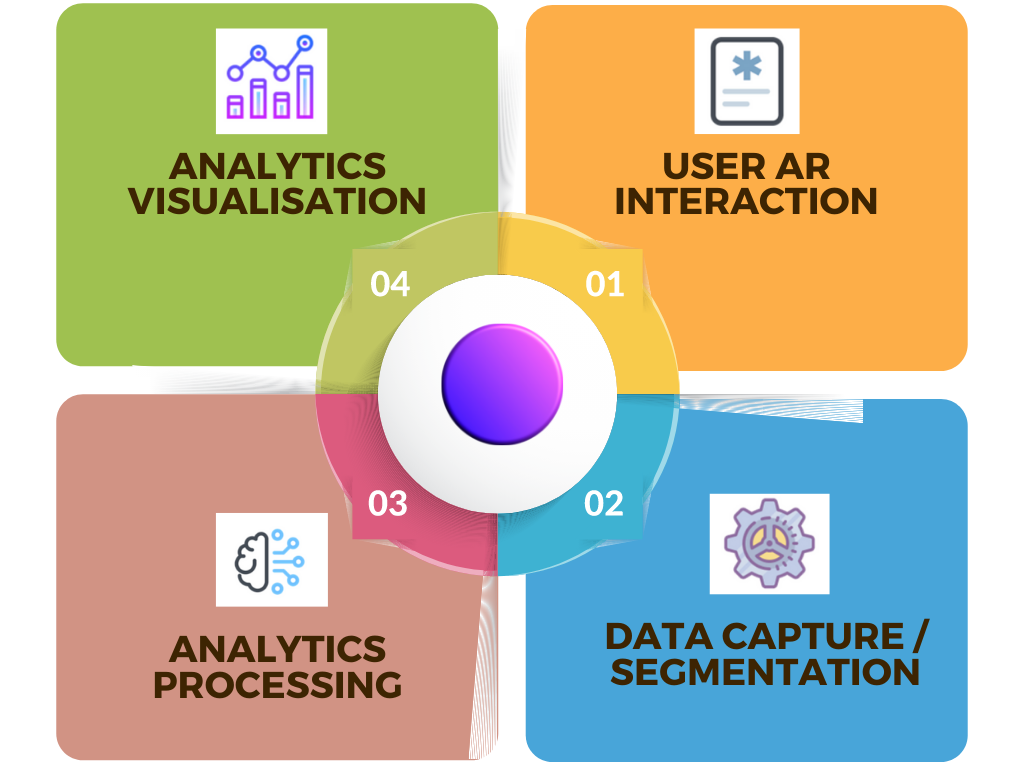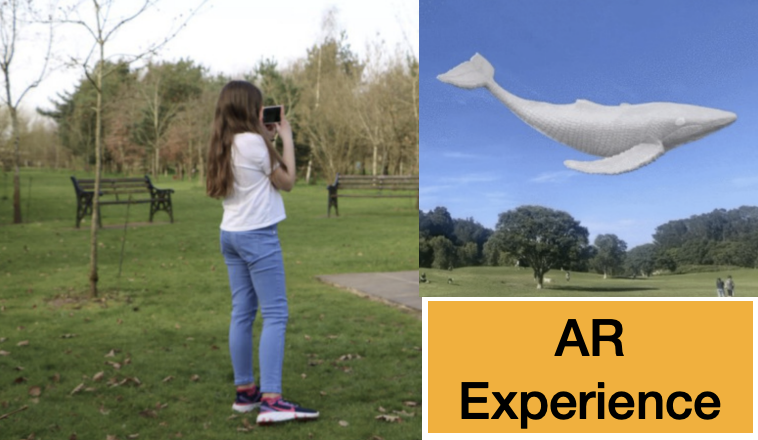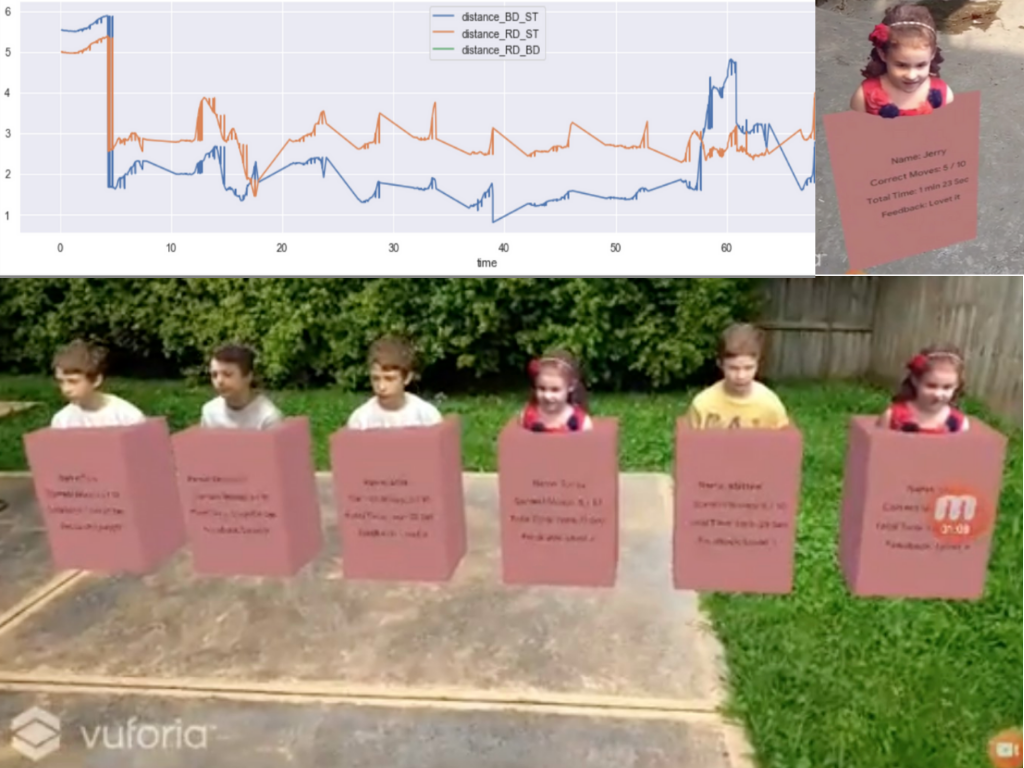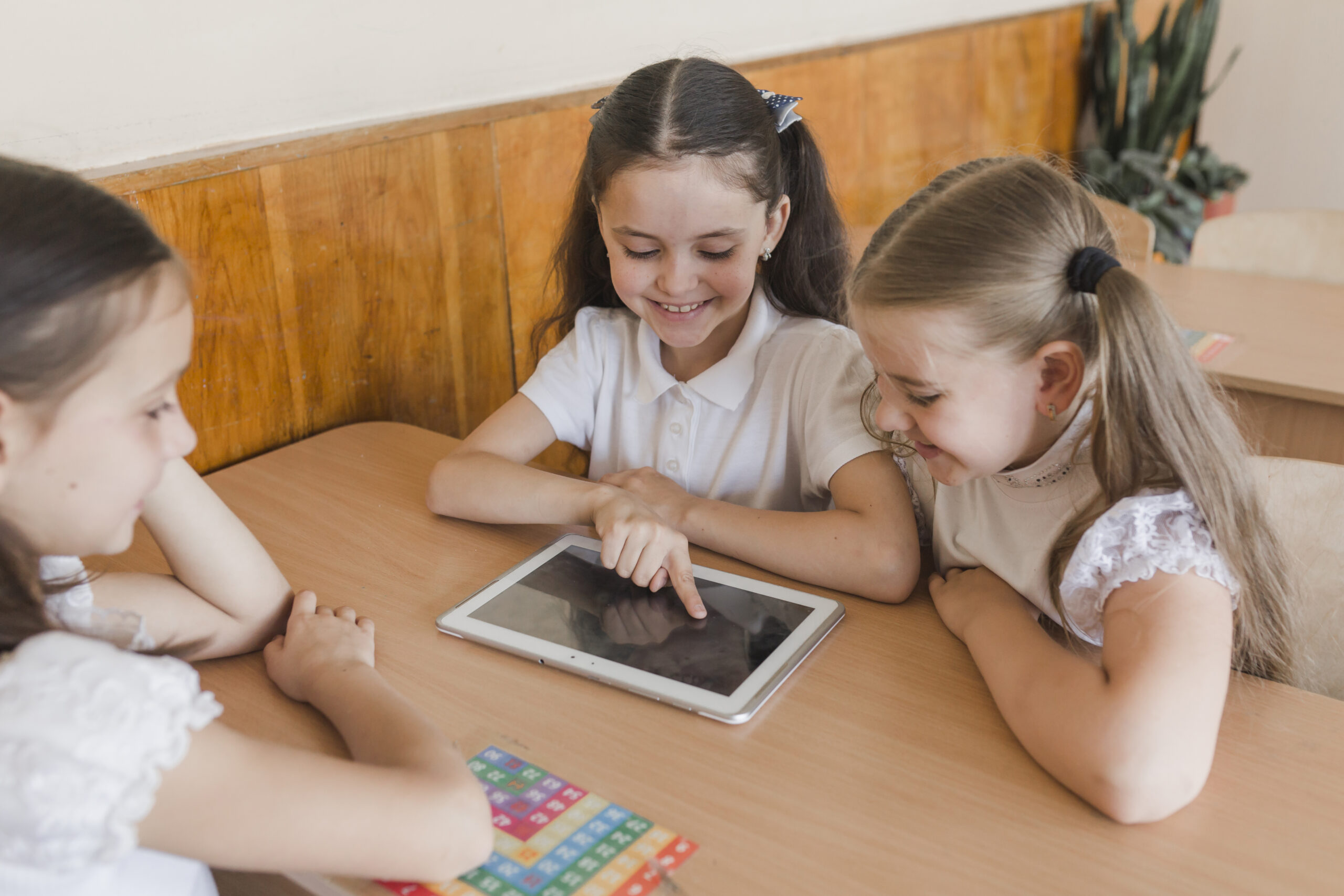From Immersive AR to Agentic AI: A New frontier in Educational Innovation

Invitation to Participate in Research
Research in the use of Augmented Reality (AR) in classrooms to study student engagement and learning outcomes.
The Forest Classroom has always been at the forefront of integrating immersive technologies like Augmented Reality (AR) to enhance educational experiences. Building upon this foundation, our latest research delves into the transformative potential of Agentic AI in education.
Agentic AI refers to AI systems capable of autonomous decision-making, proactive engagement, and adaptive learning strategies. Unlike traditional AI, which reacts to predefined inputs, Agentic AI can:
-
Personalize Learning: Tailor educational content in real-time based on individual student needs and behaviors.
-
Enhance Engagement: Actively interact with students, fostering a more dynamic and responsive learning environment.
-
Support Educators: Provide insights and analytics to help teachers understand and support their students more effectively.
Recent studies highlight the promise of Agentic AI in educational settings. For instance, research indicates that agentic systems can offer improved consistency and adaptability compared to standalone models .
At Forest Classroom, we’re exploring how Agentic AI can:
-
Empower Students: By acting as intelligent peer collaborators, our AI agents encourage students to seek help, reflect on their learning, and develop self-regulation skills.
-
Augment Teaching: Assist educators by providing real-time feedback on student progress and suggesting personalized interventions.
-
Foster Inclusivity: Adapt to diverse learning styles and needs, ensuring that every student has the opportunity to succeed.
Our commitment is to harness the capabilities of Agentic AI to create more engaging, personalised, and effective educational experiences. Through ongoing research and collaboration, we aim to redefine the boundaries of what’s possible in digital learning environments.
Research & Impact
At Forest Classroom, we envision a future where learning is immersive, emotionally aware, and deeply personal. Our research explores how Agentic AI, Digital Twins, and Augmented Reality (AR) can be integrated to enhance student engagement, promote help-seeking, and support the development of 21st-century skills.
We are redefining what it means to “learn in nature”, by building virtual ecosystems where AI-powered peers support students like real classmates do, guiding them through emotional, cognitive, and social challenges.
Agentic AI represents a powerful shift in how artificial intelligence interacts with learners. Rather than simply answering questions, Agentic AI agents are proactive, emotionally intelligent, and goal-driven. They:
-
Recognize when a student is struggling—even before the student asks for help.
-
Offer peer-style prompts and suggestions based on emotional and behavioral cues.
-
Collaborate with other AI agents (and student digital twins) to simulate peer interactions, enhancing social learning.
This approach allows students to experience safe, supportive, and consistent guidance—encouraging curiosity, resilience, and reflection.

USER AR
INTERACTION

ANALYTICS
VISUALISATION

Research Scope
Our interdisciplinary research program investigates:
-
How can Agentic AI peers improve student help-seeking behaviors?
-
In what ways do digital twins support real-time emotional feedback?
-
How can immersive environments enhance motivation and self-regulation?
-
What metrics can we use to track social-emotional learning through AR and AI interactions?
These questions guide our design and deployment of Forest Classroom as an evidence-based, scalable solution for modern education.
Research Methods
Deductive Approach
Testing theory through observation and data. Mixed-method research: combining classroom trials, interviews, and data modeling.
Exploratory Study
Build prototype of AR Environment for kids with Generative AI workflows: to power autonomous agents embedded in mobile AR.
Data Collection
- Data Gathering using Mixed Methods (Qualitative & Quantitative)
- Focus groups & Interviews (Parents, Teachers & Children)
- Questionnaires & Feedback (Parents & Teachers)
- Sensor-based analytics (AREA framework): including emotion, spatial, and interaction data.
Self-completing Diaries
Tracking issues and changes over the duration of the project. Co-design with teachers and students: ensuring that Forest Classroom is grounded in real educational needs.

Research Collaboration
The Forest Classroom is a result of more than five years of research and prototyping. Developed as part of a doctoral study in Augmented Reality Enhanced Analytics (Deakin University), our work now focuses on translating this research into real-world impact.
We actively collaborate with:
-
Primary and middle schools (pilot programs)
-
University research groups
-
Government and non-profit education agencies
-
AI and AR developers
Together, we are creating scalable systems that bring equity, emotion, and intelligence into the heart of education.
Human Ethics Approved
Deakin University, Australia.
RISEC Approved
Research in Schools and Early Childhood settings (RISEC) by Victoria Department of Education (DET)
Interested to Get Involve ?
-
Schools interested in joining our pilot program
-
Partners in AI, HCI, or immersive tech to co-develop modules
-
Educational leaders passionate about student well-being and innovation

